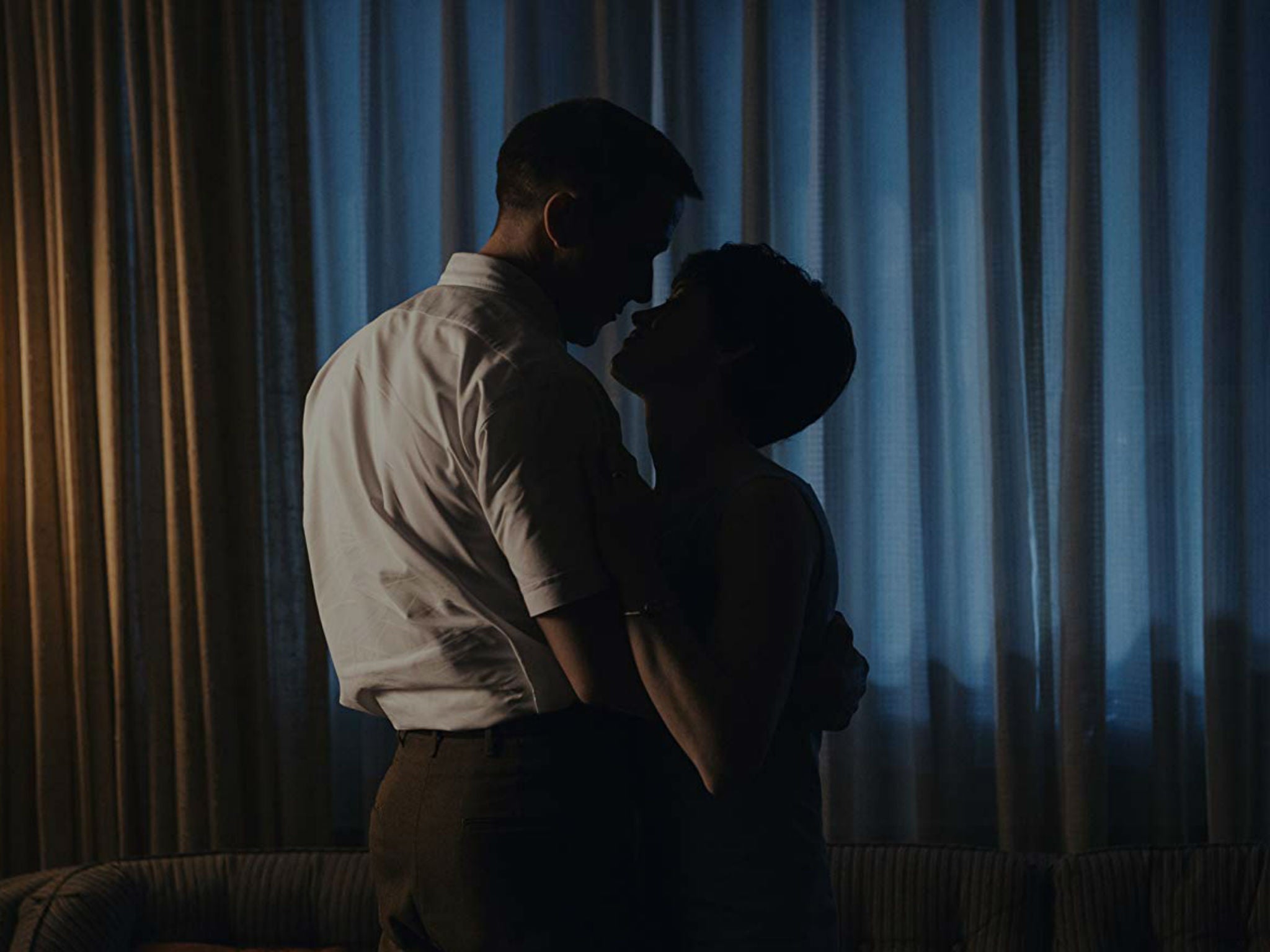First Man, Venice Film Festival, review: Ryan Gosling shines in this remarkably told Neil Armstrong biopic
The movie serves as an apt reminder of much that has been forgotten
Your support helps us to tell the story
From reproductive rights to climate change to Big Tech, The Independent is on the ground when the story is developing. Whether it's investigating the financials of Elon Musk's pro-Trump PAC or producing our latest documentary, 'The A Word', which shines a light on the American women fighting for reproductive rights, we know how important it is to parse out the facts from the messaging.
At such a critical moment in US history, we need reporters on the ground. Your donation allows us to keep sending journalists to speak to both sides of the story.
The Independent is trusted by Americans across the entire political spectrum. And unlike many other quality news outlets, we choose not to lock Americans out of our reporting and analysis with paywalls. We believe quality journalism should be available to everyone, paid for by those who can afford it.
Your support makes all the difference.Damien Chazelle, 138 mins, starring: Ryan Gosling, Claire Foy, Jason Clarke, Kyle Chandler
Asked to name a great all American hero, many of us might plump for Neil Armstrong, the first man to walk on the Moon.
What the opening film of the Venice Film Festival shows poignantly is that he did not fit that bill at all. Armstrong was a quiet, almost monosyllabic man unable to engage properly with family or friends and either incapable of showing feelings, or perhaps just finding them a distraction from the business in hand.
Ryan Gosling is not exactly a stranger to playing introverted characters. But this was a special challenge: to play such a person while inspiring the audience to view him as still worthy of a form of adulation.
Gosling manages it superbly. Reunited with La La Land director Damien Chazelle, he guides us through eight years of space flights, mishaps and tragedies leading up to the 1969 landing. The tension is constant and told not through the usual paraphernalia of space movies, but often through Gosling’s face. It is almost expressionless. Almost. The barest sign of a tremor around his mouth, or a sign of hope or fear in his piercing blue eyes convey a great deal.
As his wife Jan, Claire Foy is an exquisite study in 1960s American housewife acceptance. Acceptance of her husband’s refusal to communicate with her or their children properly, especially after the death of their young daughter.
She loses her sangfroid only twice, once when she confronts NASA engineers who have put her husband in danger. “We are in control”, they assure her. “You’re not in control at all,” she screams at them. “You’re a bunch of boys playing with balsa wood models.”
The other time is before the Moon trip when she demands of Gosling that he tell their two young sons where he is going and says goodbye. It is a telling scene. Gosling is emotionless and curt, a look of incomprehension from the all-too-focused astronaut at the anguish of his boy who realises the Moon landing means his dad will miss his swim meet.

The film leans on James Hansen’s meticulously researched book. But screenwriter Josh Singer and the cast and creatives added to it by meeting Armstrong’s family and involving them. Claire Foy even asked his now grown-up sons whether it was mum or dad who spent bath time with them.
The movie serves as an apt reminder of much that has been forgotten: how pivotal the space race rivalry between the US and the Soviet Union was to the Cold War; how there was strong opposition to it in America, not least from the poor. At one point a Sixties black activist recites a poem: “Whitey’s on the Moon.”
Perhaps, most of all, it is a reminder of the astronauts who were lost in the years of preparation for the venture. Armstrong wouldn’t have gone at all if colleagues who were friends and neighbours hadn’t been killed.
All this is set to a backdrop of conventional American suburbia, with its cookie-swapping customs and assorted repressions. It is Gosling’s great achievement that he can convey so much while speaking so relatively little. Indeed, Armstrong's famous line – “That’s one small step for a man, one giant leap for mankind” – is one of his longer speeches.
All credit to Chazelle, too. In a film that has the Moon landing and multiple rocket launches, he resists the obvious temptation to rely on technical wizardry. This is a human story, remarkably well told.

Join our commenting forum
Join thought-provoking conversations, follow other Independent readers and see their replies
Comments